With perhaps only the third best lineup on paper in the often underwhelming North American region, OpTic Gaming did what Virtus.pro, SK Gaming, Astralis, Ninjas in Pyjamas, FaZe, and others could not. OpTic won Turner’s $1.1 million tournament, ELEAGUE Season 2, in what may very well have been the biggest single tournament upset in the history of Counter-Strike: Global Offensive. As pointed out in “OpTic Oscillating,” this North American squad has had a few successes since their formation at the start of 2016. They won ELEAGUE Road to Vegas, the Second Americas Minor, and Northern Arena Montreal, but each victory was hardly on the level of ELEAGUE Season 2 and was always followed by a precipitous fall. After originally securing their ELEAGUE spot at the Road to Vegas LAN, they didn’t finish top two at the First Americas Minor nor make it through the last chance qualifier to qualify for the MLG Columbus Main Qualifier. Then after very strong showings at the Second Americas Minor and the ESL One Cologne Main Qualifier, they fell flat at the Major itself, immediately bombing out of the group stage after two straight losses. Their current lineup with Tarik “tarik” Celik replacing Damian “daps” Steele and Peter “stanislaw” Jarguz taking over as the in-game leader, has not ended their tournament to tournament inconsistency. After OpTic won Northern Arena Montreal four weeks ago, OpTic did not make it out of the group stage or even find a single map win amongst mediocre competition at DreamHack Winter. However, last weekend they surprisingly oscillated back, discovering a dizzying hike in performance that dumbfounded the world at one of the most staked and prestigious tournaments of the year. OpTic should have never been predicted to win, without profound hindsight bias. The data necessary to anticipate their success didn’t exist. In every matchup, OpTic either had a 50/50 shot to win or were glaring underdogs as they crawled their way through the tournament. They were given just enough opportunities and overperformed just enough at the right moments to achieve the highly improbable.
Group Stage
Before appearing in the group stage in ELEAGUE’s multi-week tournament, OpTic started to find its first positive results since their dismissal of Daps. At a fairly stacked ESL Pro League Season 4 finals, they made it out of the group stage with a 2-2 record before being eliminated in the round of six to the eventual tournament winners in Cloud9. Then, OpTic had a much better result shortly thereafter, winning Northern Arena Montreal outright with best-of-three wins over NRG, Heroic, and G2. Still, going into their ELEAGUE group in mid-November, they were still far from being favorites amongst EnVyUs, Fnatic, and Dignitas. EnVyUs and Fnatic, like OpTic, were hovering around being top-10 teams, while Dignitas generally looked much stronger and were frequently considered to be elite team with the capacity to compete with or even defeat the world’s leading best. However, OpTic caught two fortuitous breaks. First, due to an unspecified personal conflict, Dennis “dennis” Edman of Fnatic could not participate in ELEAGUE, forcing the Swedish side to use their coach, Jimmy “Jumpy” Berndtsson, in their matches instead. Second, OpTic was matched up against Fnatic rather than Dignitas or EnVyUs in their opening best-of-one match. But in that opener, OpTic actually came up short. Playing on Cache, which is perhaps only their fourth or fifth best map behind Cobblestone, Train, Overpass, and perhaps Dust2, OpTic lost in overtime 19-17. While Mixwell and Tarik have always been OpTic’s star names and standout players, Tarik had a particularly poor showing on the map, putting up just 22 kills in 36 rounds with a sub-60 ADR. Only Fnatic’s stand-in, Jumpy, produced poorer numbers. Their loss, alongside Dignitas’s victories over EnVyUs and Fnatic, meant OpTic had to defeat both mid-weight teams in consecutive best-of-threes to even make it into the bracket stage. Versus EnVyUs, who recently defeated OpTic in the group stage of Northern Arena Montreal on Nuke, OpTic debuted out a new opening pick in Overpass, which they had dabbled with back when Daps was still in the lineup. And on their new pick, OpTic looked completely dominate with an ensemble performance from the North American side, eventually winning with a 16-3 sccoreline. The series then went to Dust2, EnVyUs’s pick, where OpTic had been looking increasingly competent, even taking a map off of EnVyUs’s fellow Frenchmen in G2 in the finals of Northern Arena Montreal. However, EnVyUs still managed to take the map in a far more competitive contest, with OpTic putting up 13 rounds on the back of strong performances from their weaker players in Stanislaw and Keith “NAF-FLY” Markovic. But again, in the decider on Cobblestone, OpTic won very handedly as their stars started to come online, with Tarik finding a 100-plus ADR performance. Having apparently found their footing, OpTic went on to avenge themselves versus Fnatic in the group decider match. A first round Overpass ban by Fnatic— apparently respecting OpTic’s performance versus EnVyUs — led to a favorable Cobblestone pick for OpTic. However, after OpTic easily won Cobblestone, Fnatic failed to claim their own map pick, Dust2, as OpTic ended the series early, 16-11. While the early best-of-one loss to Fnatic was hardly encouraging, their dominance in their two best-of-three series was nearly as impressive as their win in Montreal and earned them a seat at the table at one of the best tournaments of the year, even if their early demise seemed inevitable.
Bracket Stage
In the week break between their ELEAGUE group stage appearance and the start of the bracket stage, OpTic had the opportunity to impress at the talent stricken DreamHack Winter. Placed in Group B alongside Cloud9, Renegades, and Gambit, OpTic had great chances to make it out the group. Cloud9 had not been impressive since the ESL Pro League Season 4 Finals and neither Gambit nor Renegades had been especially impressive in recent memory. Renegades had placed second at the Asia Minor thanks to a loss to TyLoo and not advanced out of groups at iBUYPOWER Masters with losses to Immortals and FaZe. Gambit had played in and won some low-key events, such as Adrenaline Cyber League and Acer Predator Masters Season 3, but hadn’t played versus top competiton offline since DreamHack Bucharest, where they fell out of groups without winning a map. But Cloud9 and OpTic did not easily breeze past their less-than-stellar opponents, as expected. OpTic actually lost on their strong Cobblestone pick versus Gambit, while Cloud9 also took a 16-14 hit versus Renegades to put the two leading North American teams in a group elimination match together. Just like their round of six match at the EPL finals, OpTic lost to their regional peers, this time on Overpass and Dust2, but once again in clear-cut fashion. Making matters worse, Cloud9 themselves did not make it out of the group thanks to their proceeding loss to Gambit in an apparent continuation of their recent slide, making OpTic’s defeat look all the more unimpressive. With OpTic drawing mousesports in the first round of the ELEAGUE playoffs, who played mediocre with Lowel in the lineup for the past two months, OpTic definitely had an opportunity to make it into the semifinals, but their prospects moving forward looked extremely bleak. OpTic had four series wins against decent teams in Heroic, G2, Fnatic, and EnVyUs at Northern Arena Montreal and their ELEAGUE group, but did not have a best-of-one or best-of-three series win over any of the best teams in the world, like Virtus.pro, SK, Dignitas, NiP, Na’Vi, and Cloud9 before the Finn “karrigan” Andersen shuffle nor FaZe or Astralis after it. OpTic lost to Virtus.pro and SK in best-of-ones in ESL One New York’s Swiss style group, and they lost to Clodu9 in best-of-threes at the EPL Finals and DreamHack winter. Regardless, in the not-so-highly anticipated OpTic vs. Mousesports matchup, OpTic surprised at ELEAGUE again, reversing the trajectory shown in Jönköping, taking the series 2-0 with clear wins on Train and Cache. The OpTic victory, however, sent them to their ostensive demise against FaZe, who had recently placed top four at IEM Oakland and were fresh off of a series win over Virtus.pro, the presumed best in the world in the ELEAGUE quarterfinals. Even with Will “RUSH” Wierzba showing up as a high-impact entry player for OpTic at ELEAGUE thus far, playing up to the level of Mixwell and Tarik and even earning MVP honors in the EnVyUs and mousesports series, the FaZe trio of talent in Aleksi “allu” Jalli, Philip “aizy” Aistrup, and Håvard “rain” Nygaard still looked far stronger and more consistent. Also, as far as in-game leaders go, Karrigan obviously had led teams to far greater results for a far longer stretch of time than Stanislaw, who just recently started to in-game lead for OpTic in September after playing second fiddle to Daps for nearly a year. Additionally, OpTic and FaZe shared preference for both Train and Overpass, which seemed to only be an additional advantage for FaZe, given their quality of wins on those maps. On Overpass, Faze had won games versus Virtus.pro and Cloud9 at ELEAGUE and had bested NiP in the group stage of IEM Okaland, though they did lose when they played that map again in the semifinals. On Train, FaZe looked somewhat more vulnerable as they lost games to Immortals and Cloud9 on that map in the ELEAGUE group stage in the immediate aftermath of picking up Karrigan, but at IEM Oakland, FaZe actually accumulated three good wins over Heroic, mousesports, and NiP. However, regardless of the broad mismatches in talents and recent accomplishments, OpTic again found a decisive 2-0 win with a 16-2 throttling on Train and a closer 16-12 victory on Overpass. With Rush putting up a +19 kill-death differential and nearly 100 ADR performance across both maps, alongside more stalwart showings from Tarik and Mixwell, OpTic suddenly had brute forced their way into the finals of one talent-dense tournaments of the year.
Grand Final
With another upset on the other side of the bracket, OpTic was set to meet Astralis in ELEAGUE’s grand final, but again, the head-to-head comparison hardly looked to be in OpTic’s favor. Astralis, the other team to go on a massive tear since the karrigan transfer, also looked to be on a far heavier upswing then OpTic. Astralis, like FaZe, had placed top four at IEM Oakland and had played and defeated far tougher opposition in the ELEAGUE playoffs in NiP and SK. In Nicolai “dev1ce” Reedtz, Astralis had a true superstar level player followed by a very strong supporting cast. While there was some reason to be concerned about Astralis in the final, giving them a long-standing “choking” issue, there was still no guarantee that Rush would continue to play at his very high ELEAGUE level, nor was Tarik a lock to perform given his past struggles to play up to his potential against the very best when he was on CLG and still on occasion on OpTic. Also, like FaZe, Astralis had a pretty similar map pool to OpTic, frequently picking Train and Overpass on Train, Astralis found group stage wins over Liquid and Na’Vi at IEM Oakland while also nearly defeating SK in the semifinals on that map in a 16-14 bout. In the ELEAGUE playoffs, Astralis looked even better on Train, destroying NiP 16-2 while also snapping SK’s ridiculus 17 game win-streak on that map when they played again in the semifinals. Overpass was even a more lopsided matchup, with some analysts calling Astralis’s Overpass the best in the world. At ELEAGUE, Astralis defeated NiP on Overpass in map three of the quarterfinals and beat SK twice on it, once in the group stage and again in map three of the semifinals. With one of the world leading teams of 2015 finally coming back into form, even defeating the best teams in the world on their best maps, it’s no wonder that analysts and commentators nearly universally took Astralis to win the series over this souped-up rendition of Conquest. At the same time, a perhaps greedy first rotation Cache ban from Astralis allowed OpTic to pick Cobblestone which is the one map where OpTic could have been considered contenders. Astralis also picked Train, and let Overpass again go through as the map three decider. While Astralis was still certainly the favorite to win on Train and Overpass, being one of the absolute best teams in the world on both maps, OpTic did get to play on all three of their own best maps, perhaps giving them their greatest possible chance to win. The series opened predictably as Astralis took a 9-0 lead on the Terrorist side of Train. While OpTic started to claw back even after Astralis won the CT pistol, eventually accumulating nine rounds, OpTic still lost. The 16-9 scoreline on one of OpTic’s two most favored maps was the least competitive defeat in ELEAGUE Season 2 thus far. Nevertheless, OpTic was likewise able to shine on their own Cobblestone pick, frequently finding simultaneous entry frags on B-side takes to win the opening seven rounds of the map, finishing their T-half 11-4. Then after winning CT pistol, OpTic victory was more or less assured, closing it out with another one-sided scoreline, 16-6. While Device led the Danish-side by a good margin on Train and Cobblestone, OpTic’s output was more distributed, with NAF only showing up on Train while Tarik, Rush, and NAF all put up big 100ish ADR numbers on Cobblestone. But with one of OpTic’s two leading players in Mixwell looking absent, there was still very much cause for concern on Overpass that still had to be considered Astralis-favored. Overpass’s first half was back and forth, with multiple force buy wins and clutches, earning Astralis a solid seven T-round wins on the CT-sided map. But as map, match, and tournament lurched towards a close in the second half as OpTic took a 15-9 lead after winning the second half pistol and a couple key gun rounds, the quality of play deteriorated as both teams apparently felt the pressure of their position. Stars from boths sides went absent. Device earned just 12 kills across 25 rounds, while Tarik only found two fewer with both players finding a dismal sub-50 ADR. However, OpTic was able to fall back on a finally appearing Mixwell and NAF-FLY, who looked unbelievably potent throughout the finals with an exclamation point 34-kill final map, to win the tournament outright. OpTic found all the right breaks; dodging Dignitas in their group, facing off against a substitute-laced challenger, matching up with an underwhelming opponent in the quarterfinals, a favorable pick ban in the Finals, and NAF-FLY having the series of his life in the finals. But OpTic also seemed to move up their level of play significantly with Stanislaw adding some tactical diversity and Rush coming into his own as a player, even earning the tournament MVP honors. While the run was fortuitous and the result probably will be unrepeatable, the accomplishment is still immense. For a moment, for an instant, the unaccomplished core of Conquest combined with two questionable stars somehow stood at the apex of competitive Counter-Strike.
For compliments or complaints, you can find me on Twitter @WallabeeBeatle.


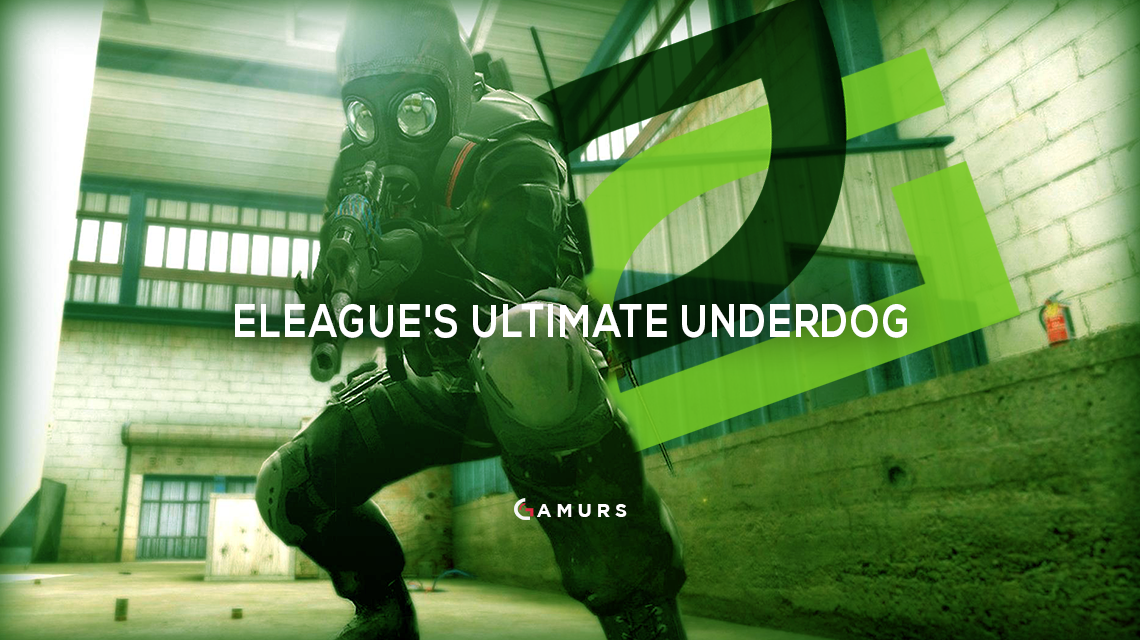
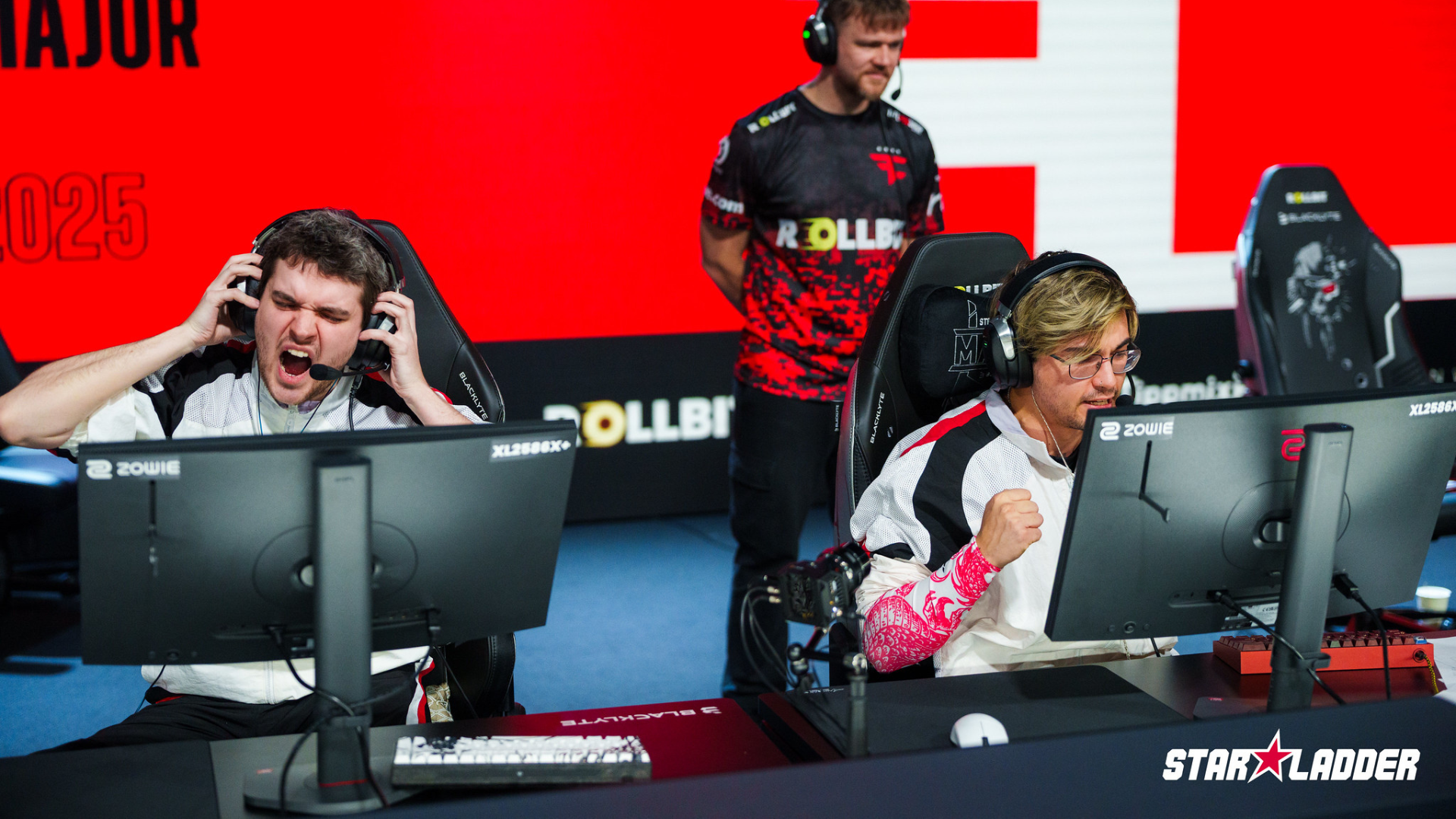
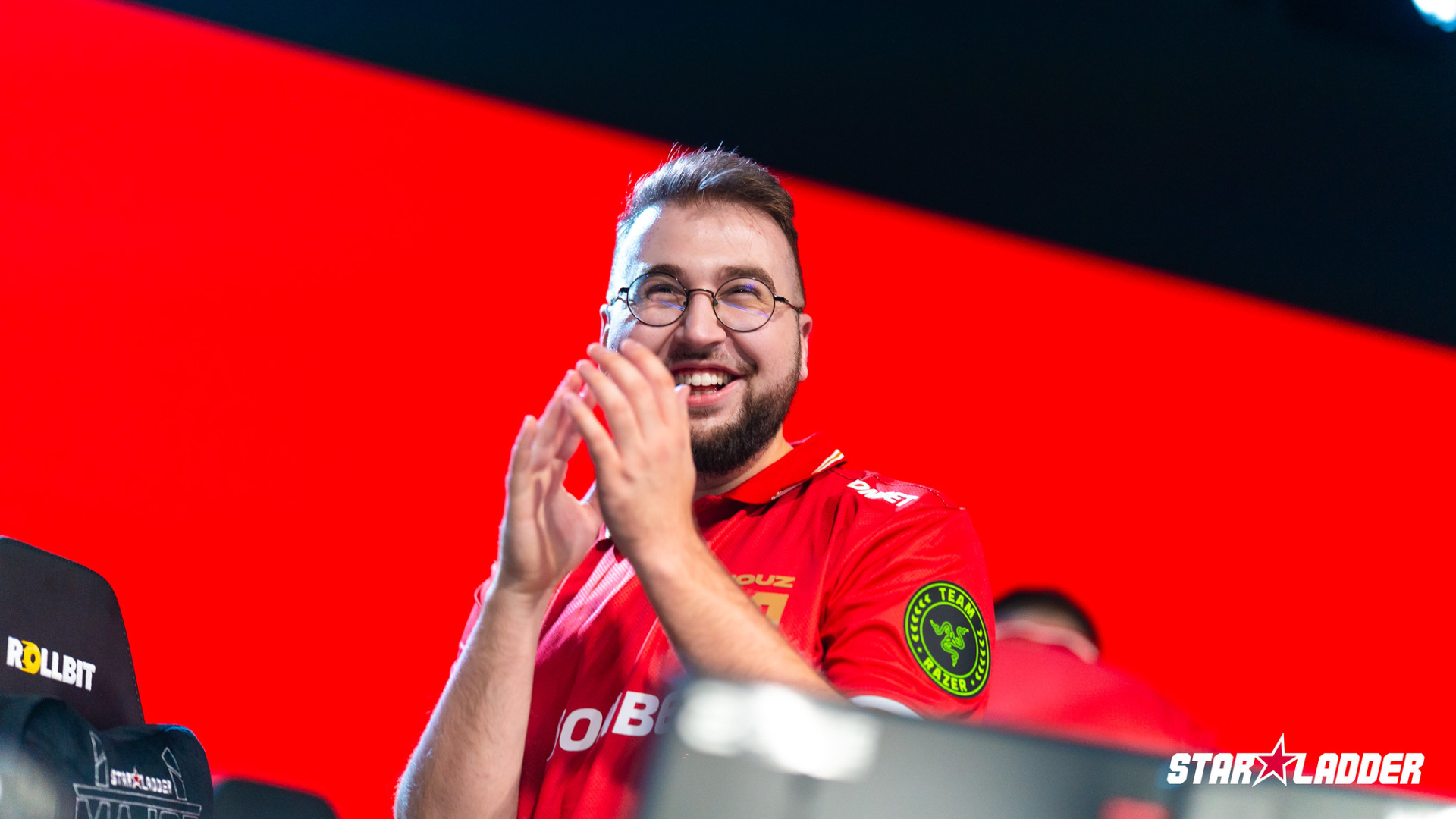
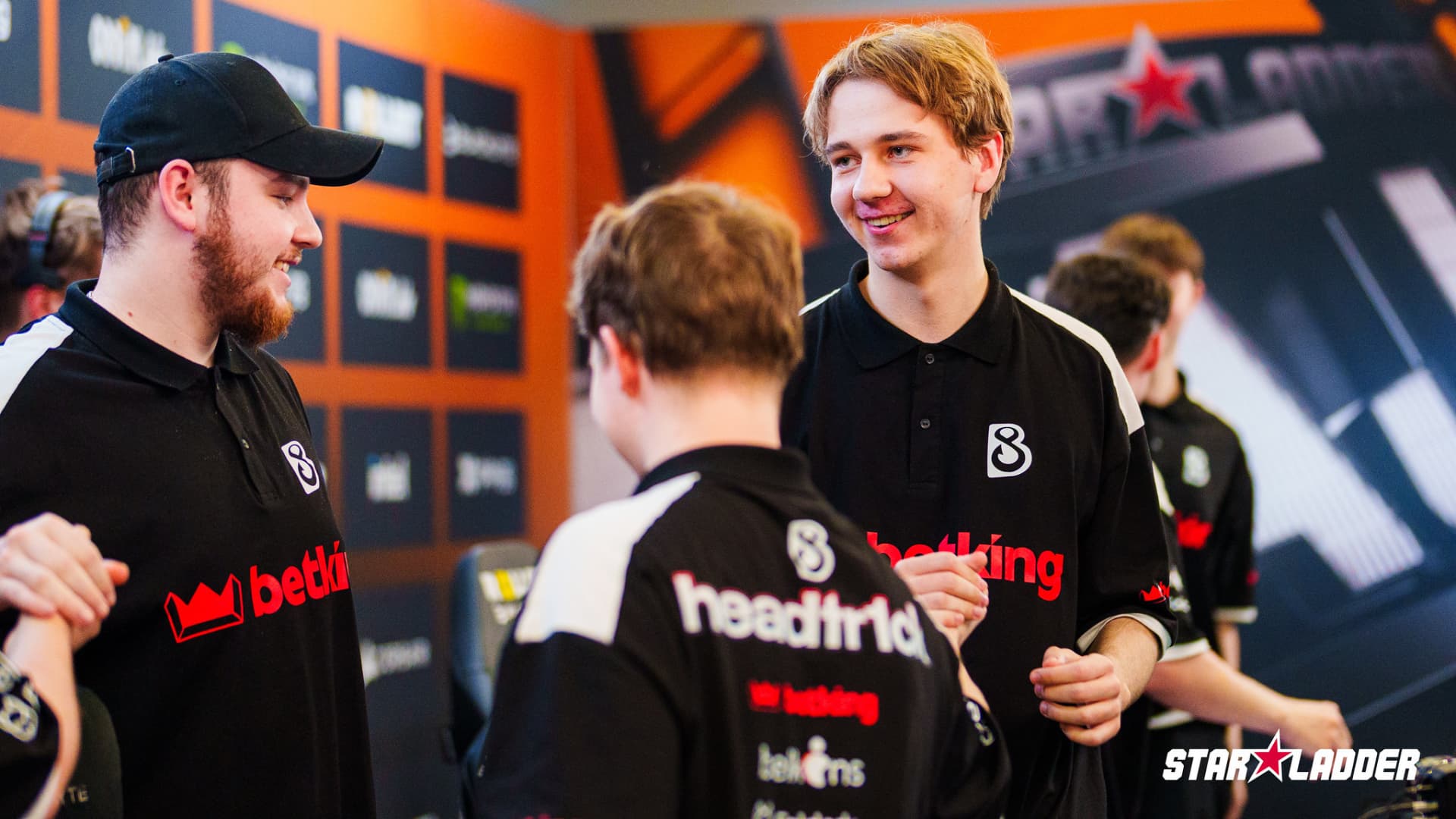
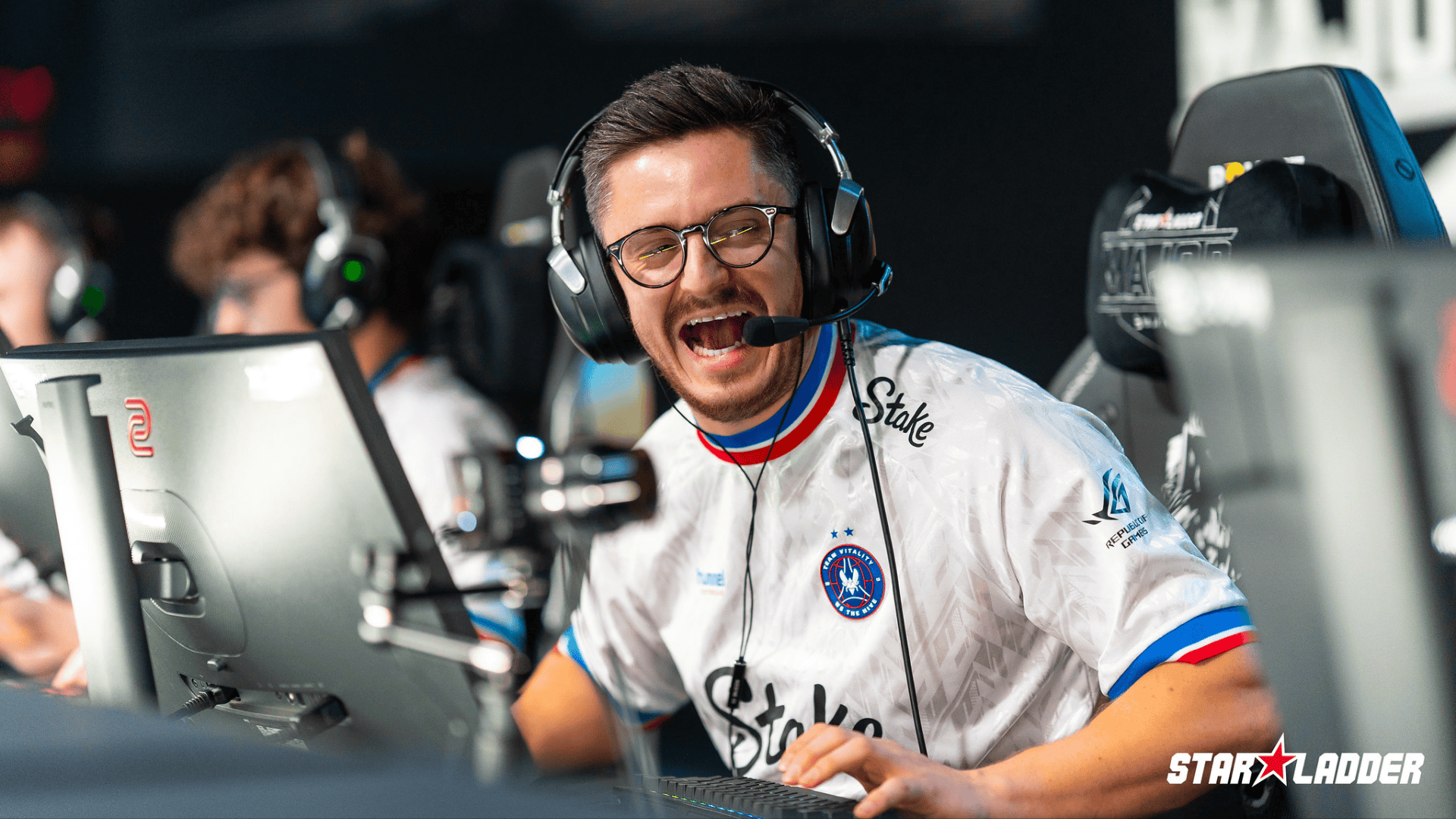
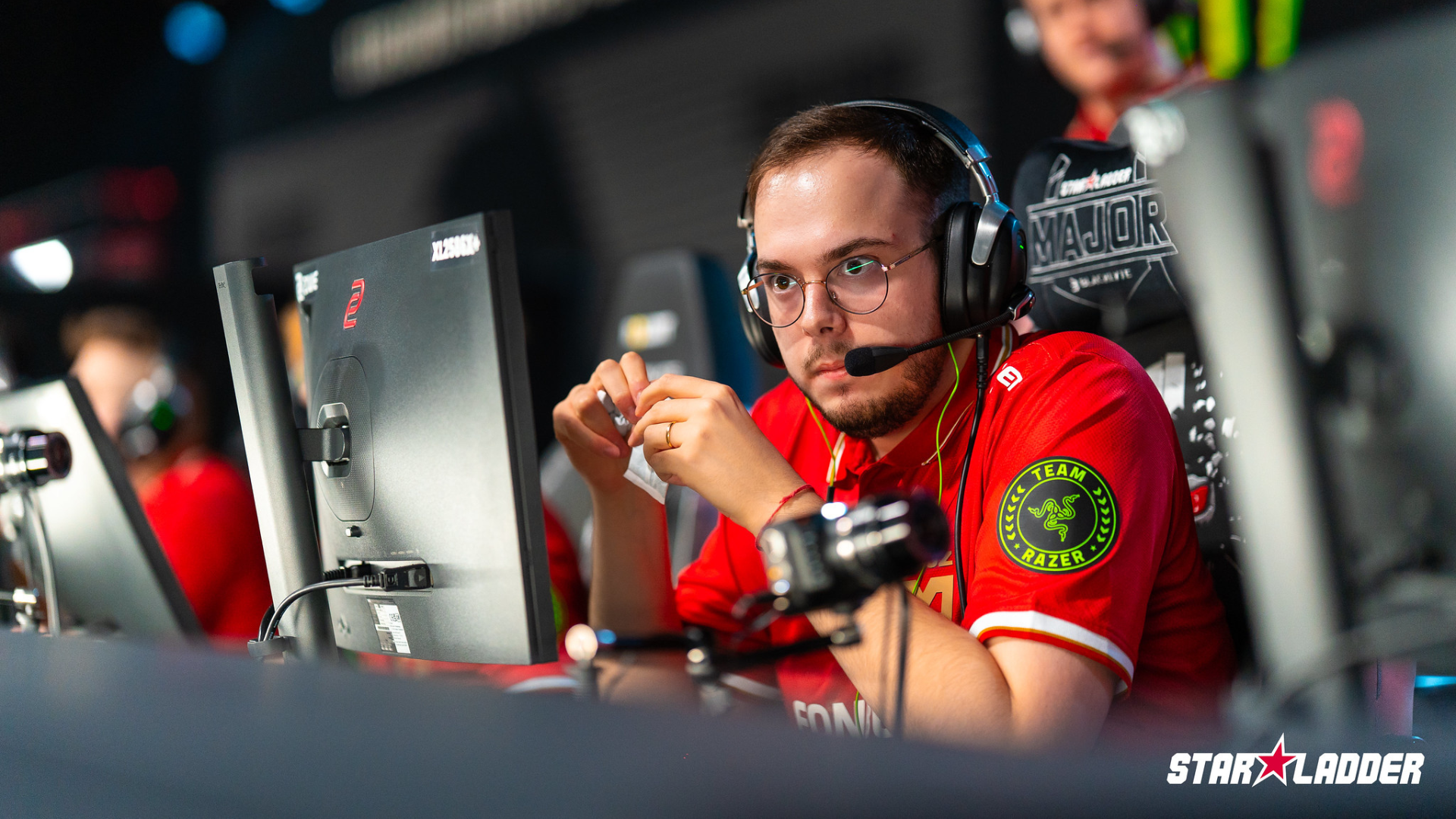
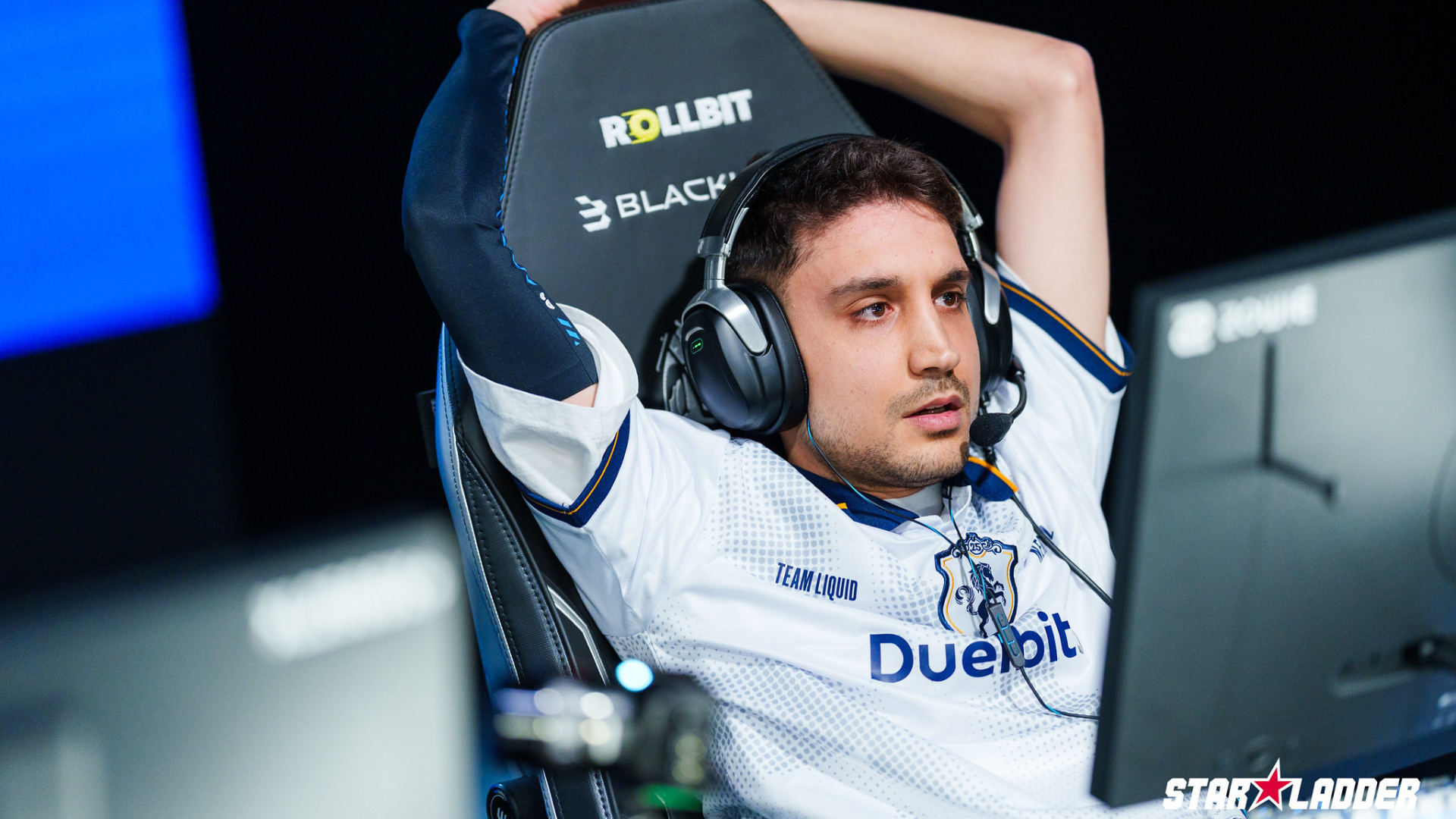
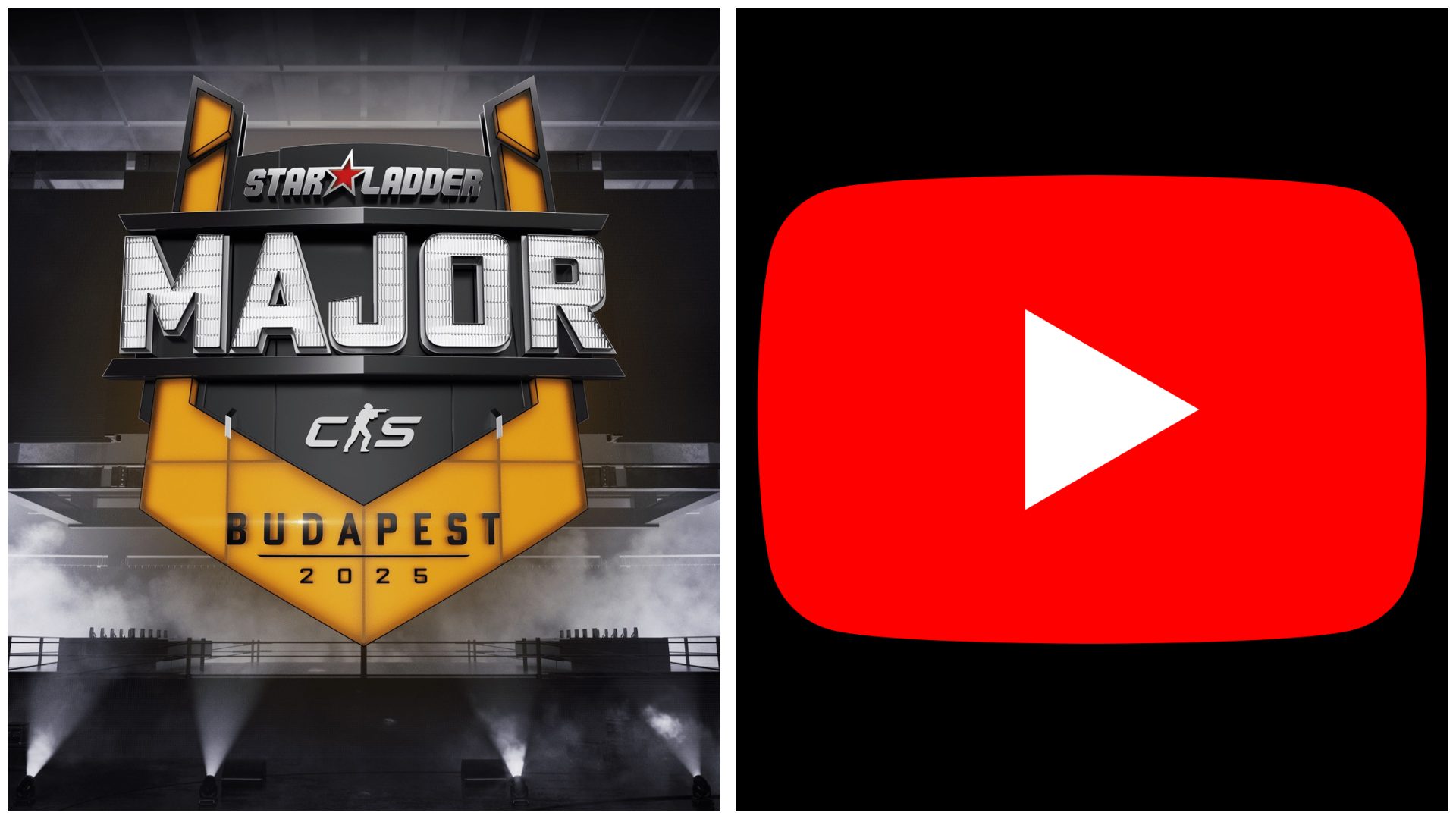
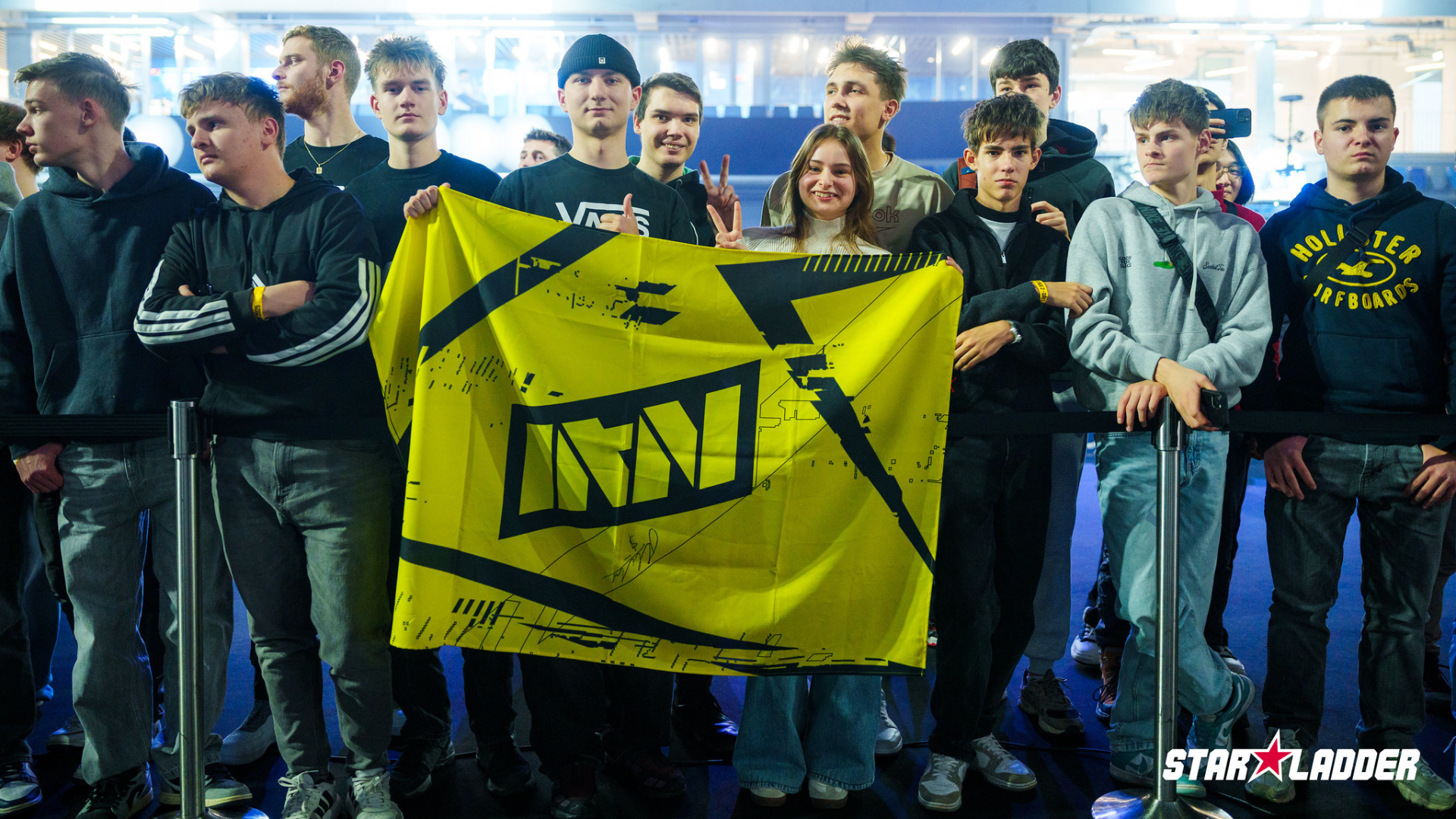
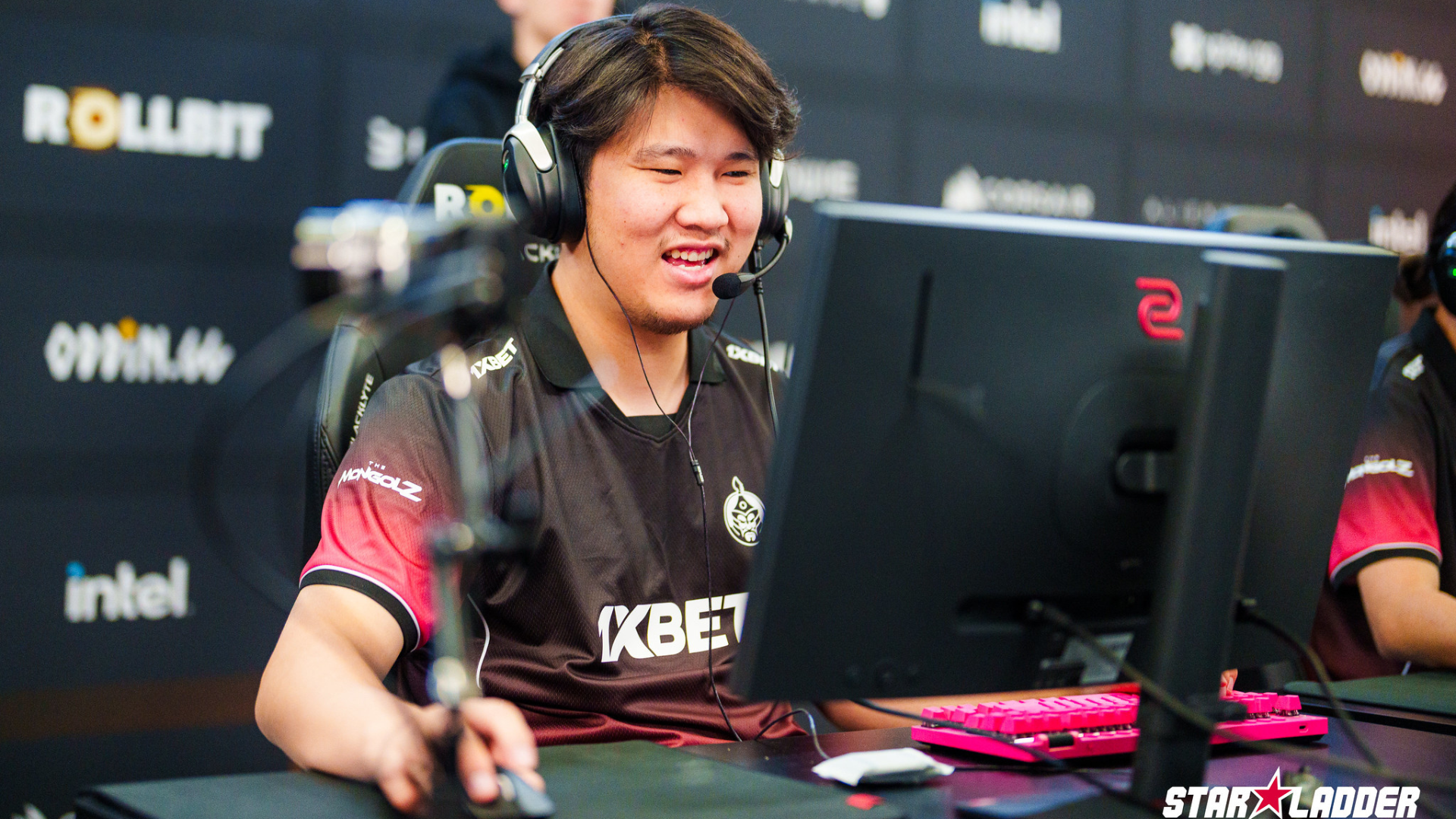
Published: Dec 9, 2016 01:34 pm